From Crisis to Recovery: How Pivot of Grace is Restoring Hope through Mental Health Support in Uganda
Mental health is a silent crisis in Uganda, with many individuals suffering in isolation due to stigma, lack of resources, and limited access to professional help. In a country where the focus is often on physical health and economic development, mental health issues are frequently overlooked, leaving those affected without the care they desperately need.
Pivot of Grace is stepping into this gap, offering mental health support as a crucial part of their mission to uplift communities. This article explores how Pivot of Grace is leading the charge in providing much-needed mental health services, breaking down barriers, and restoring hope to individuals and families across Uganda.
The Silent Struggle of Mental Health in Uganda
Uganda, like many developing countries, faces a host of challenges when it comes to mental health. Depression, anxiety, trauma, and other mental health disorders are prevalent, particularly in rural areas where access to care is limited. The COVID-19 pandemic has only worsened the situation, as the economic and social pressures of the crisis have pushed many Ugandans to the brink.
In a culture where mental health is often misunderstood or ignored, those struggling with mental illness frequently find themselves isolated, ashamed, and without support. “People don’t talk about mental health here,” explains Christine, a 28-year-old woman from northern Uganda who has battled depression for years. “You’re expected to be strong and keep going, no matter how much you’re suffering inside.”
Breaking the Stigma: A Key Part of the Solution
One of the biggest hurdles Pivot of Grace faces in addressing mental health is the pervasive stigma that surrounds it. In many Ugandan communities, mental illness is often seen as a sign of weakness or even a curse. This stigma prevents individuals from seeking help and exacerbates their struggles.
Pivot of Grace is working tirelessly to change this narrative. Through community outreach programs, workshops, and advocacy campaigns, the CBO is raising awareness about mental health and encouraging open conversations. By partnering with local leaders and health professionals, Pivot of Grace is making mental health a community issue—not just an individual one.
“We need to start talking about mental health,” says the founder of Pivot of Grace. “It’s not a sign of weakness, and it’s not something to be ashamed of. By addressing it openly, we can provide the support people need to heal and recover.”
Mental Health Support: Providing Access to Care
For many Ugandans, accessing mental health services is not just about overcoming stigma—it’s also about overcoming physical and financial barriers. In rural areas, mental health professionals are scarce, and treatment options are often limited to urban centers. Even when services are available, they can be prohibitively expensive for families already struggling to meet their basic needs.
Pivot of Grace is tackling these challenges head-on by bringing mental health care directly to the communities that need it most. Through mobile health clinics, community counseling sessions, and partnerships with local mental health practitioners, the CBO is providing free or low-cost services to individuals who would otherwise go without care.
James, a 35-year-old farmer from a remote village, shares his story: “I had been struggling with anxiety for years, but I didn’t know where to go for help. When Pivot of Grace’s counselors came to our village, I finally got the support I needed. Now, I’m able to manage my stress and focus on my work.”
Trauma Healing: Addressing the Impact of Conflict
Uganda has experienced decades of political instability and conflict, particularly in the northern regions, where the Lord’s Resistance Army (LRA) insurgency left deep scars on the population. Many Ugandans, especially those who lived through the war, carry the heavy burden of trauma—both psychological and emotional.
Pivot of Grace is working to heal these wounds by offering trauma counseling and support to individuals and families affected by conflict. Through one-on-one sessions, group therapy, and specialized trauma healing workshops, the organization is helping survivors rebuild their lives and regain a sense of hope and normalcy.
Rose, a survivor of the LRA conflict, shares how Pivot of Grace’s trauma counseling changed her life: “I used to have nightmares and flashbacks of the war. I couldn’t sleep, and I couldn’t move on. But through the trauma healing sessions, I’ve learned how to cope with my pain. I feel like I can breathe again.”
Empowering Communities through Mental Health Education
Beyond providing direct services, Pivot of Grace is empowering entire communities by educating them about mental health. The organization believes that lasting change begins with knowledge, so it offers workshops and training sessions for community leaders, teachers, and health workers to recognize the signs of mental illness and offer support.
These programs are making a significant impact. In many cases, teachers and leaders are now able to identify children or adults in need of help and direct them to the appropriate resources. This early intervention is crucial in preventing mental health issues from worsening and ensuring that individuals receive the care they need.
A Future of Hope and Healing
Mental health may still be a sensitive and often overlooked issue in Uganda, but Pivot of Grace is proving that change is possible. By breaking down barriers, offering accessible care, and fostering a more compassionate understanding of mental health, the organization is creating a future where individuals can heal, recover, and thrive.
For many Ugandans, Pivot of Grace represents not just a lifeline, but a beacon of hope in their darkest moments. As more people come to understand the importance of mental health, the stigma surrounding it will continue to fade, and communities will become stronger, more resilient, and more compassionate.
At Pivot of Grace, the belief is clear: mental health is health. And every person, no matter their circumstances, deserves the chance to heal and live a fulfilling life.

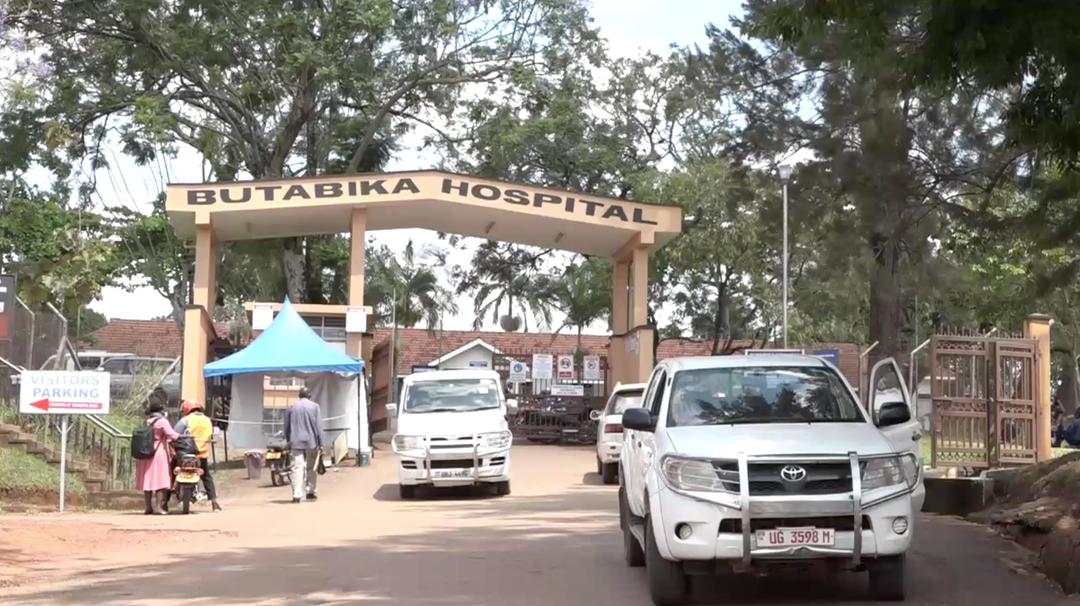
.jpg)
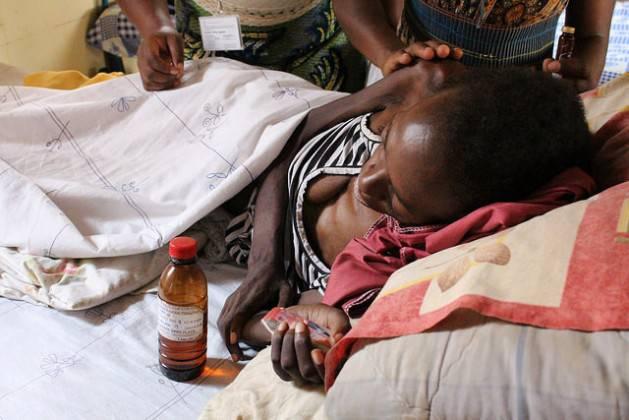
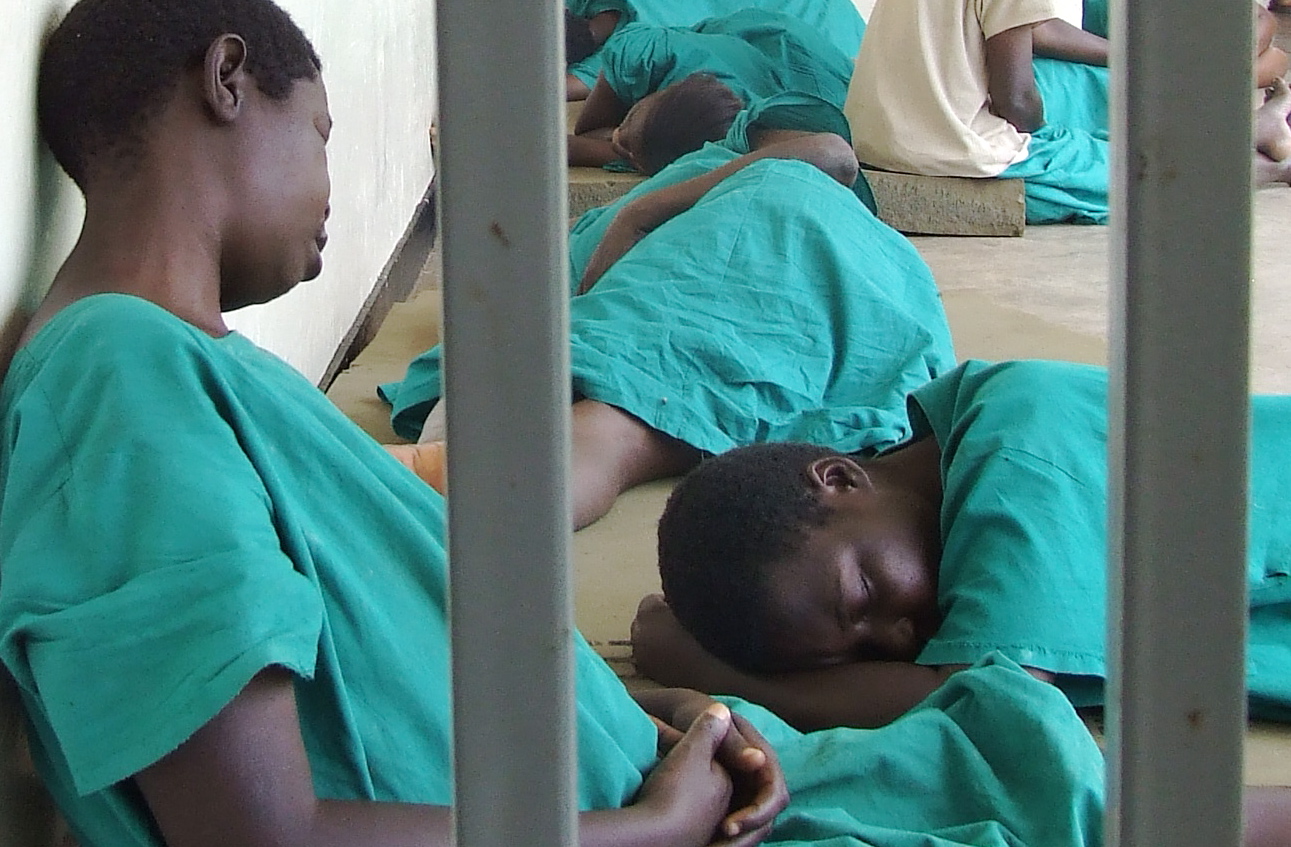
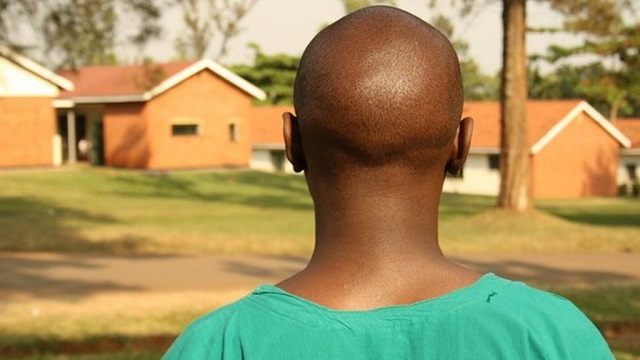
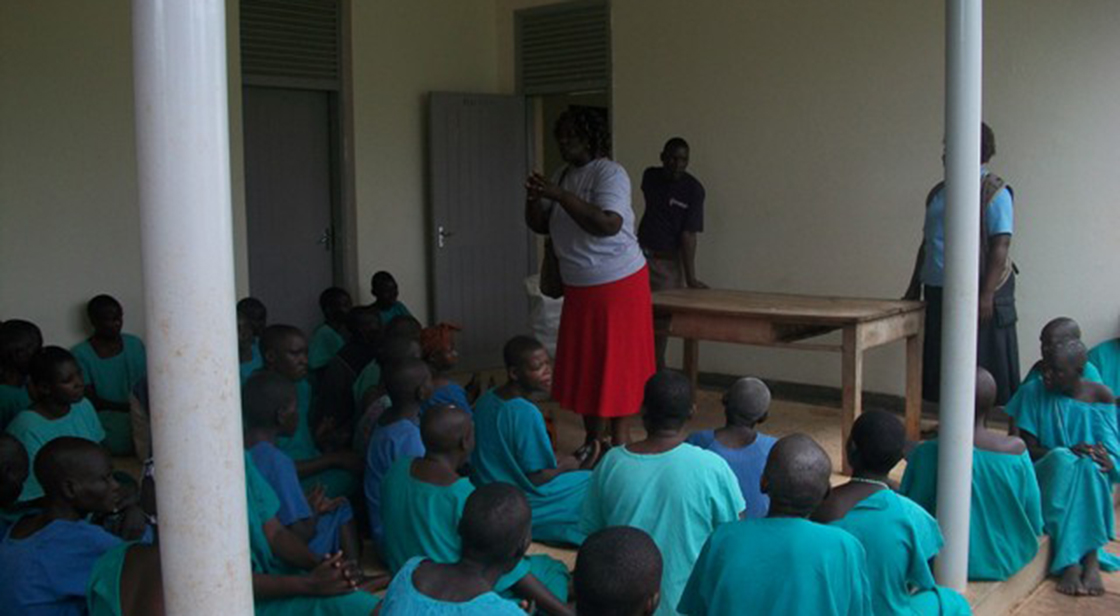
.jpg)
